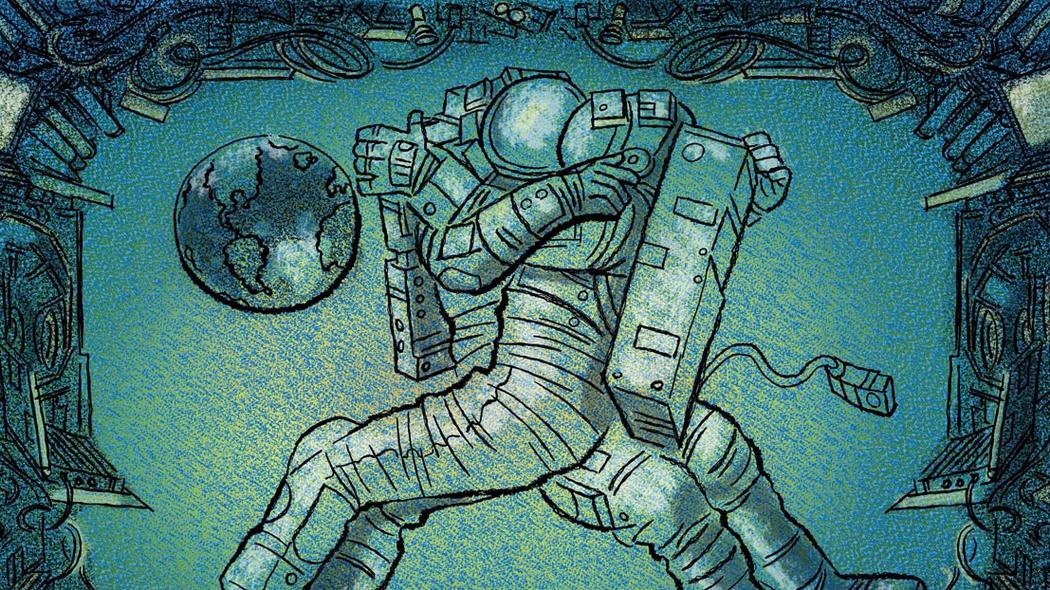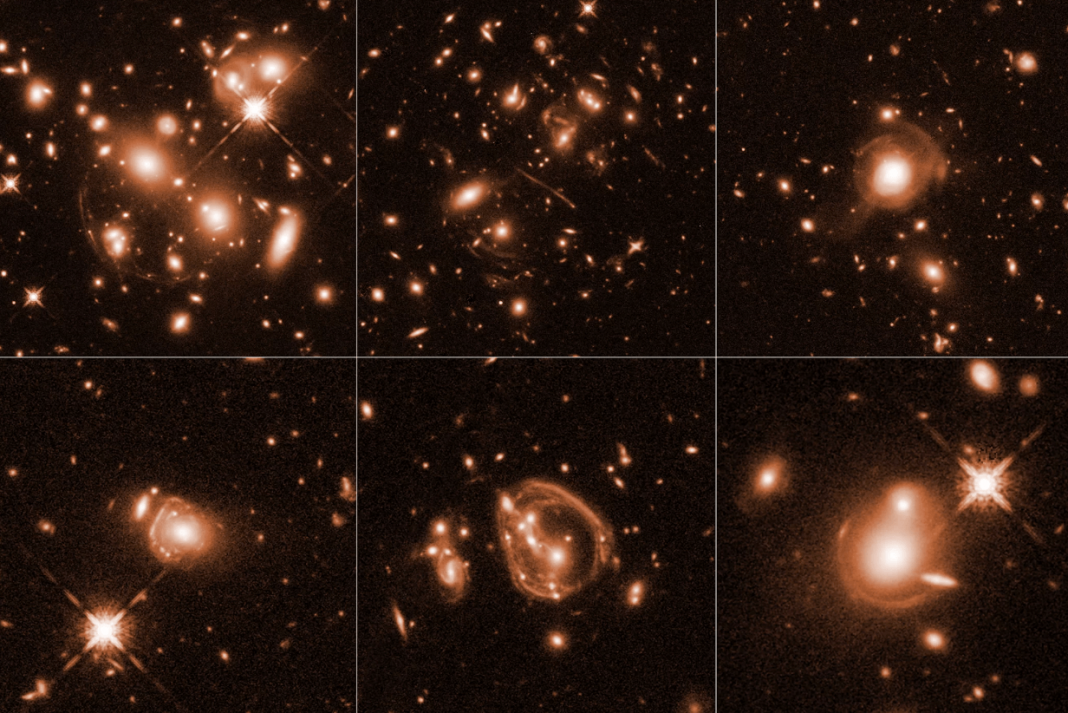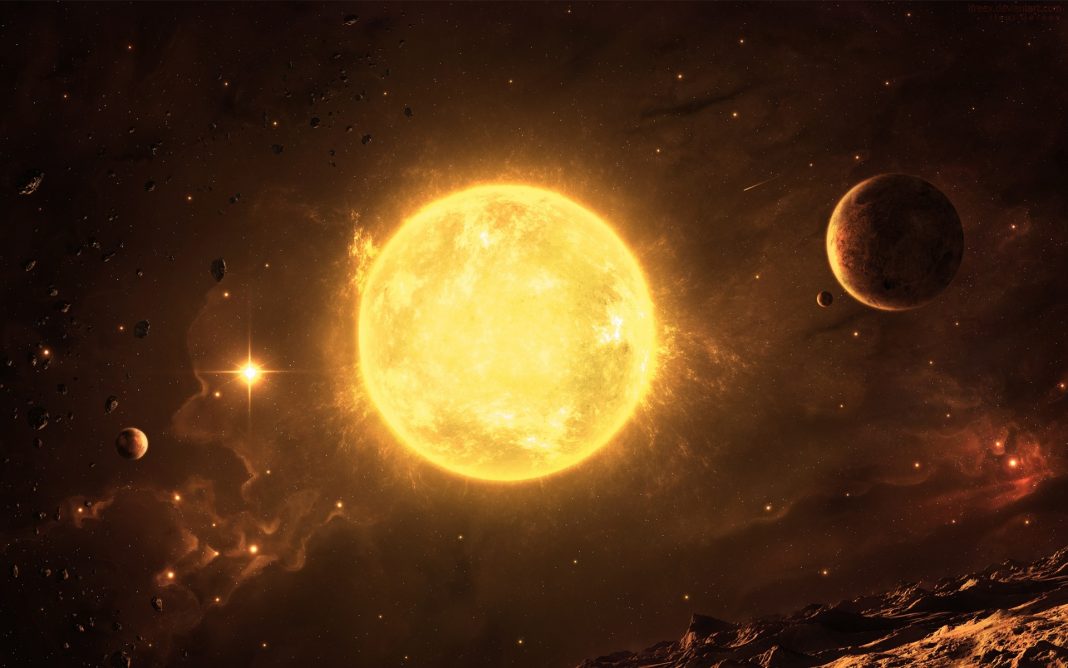According to Kris Lehnhardt, an assistant professor at George Washington University, if we want to attempt long haul space travel, or even one day colonizes Mars, then we really need to study sex in space. A “real concern” he called it during an Atlantic Live panel recently, that we haven’t even considered yet.
Although there are many challenges maintaining human life over the course of longer and longer space missions —maintaining good mental health, combating radiation, providing food sources to name a few— yet no one has taken to studying the human life cycle.
“Something we really don’t know about is a human reproduction in space,” Said Lehnhardt to the panel audience.
Lehnhardt added: “If we’re talking about colonization, there’s a key component to colonization that makes it possible and that is having babies and this is something we have frankly never studied.
“If we want to become a spacefaring species and live in space permanently this is a crucial issue we need to address that has not been fully studied yet.”
So far, the only space-related reproduction study has involved freezing and transporting frozen sperm. Recently a team of Japanese scientist successfully birthed a set of newborn mice from sperm that was frozen and kept aboard the International Space Station.
The scientists have said that the result will help in the ‘space age’. Without pointing to specifics, they say that this technique will help long-haul space flight and even colonization.
The team even go so far to suggest that the ability to freeze and transport sperm into space could help today by starting the path to a future ‘lunar sperm bank’ where the organic DNA material could be stored for safe keeping in the event of a manmade or natural catastrophic disaster on Earth.
More News to Read
- The Onslaught of AI and its Integration in the Media
- Quantum Machine Learning Computer Hybrids at the Center of New Start-Ups
- Cyber Infiltration into U. S. Election System Goes Further Than Thought Before
- What Would Planet Earth be Like in a Black Hole?
- Neural Networks are Now Being Used to Represent Quantum Systems











